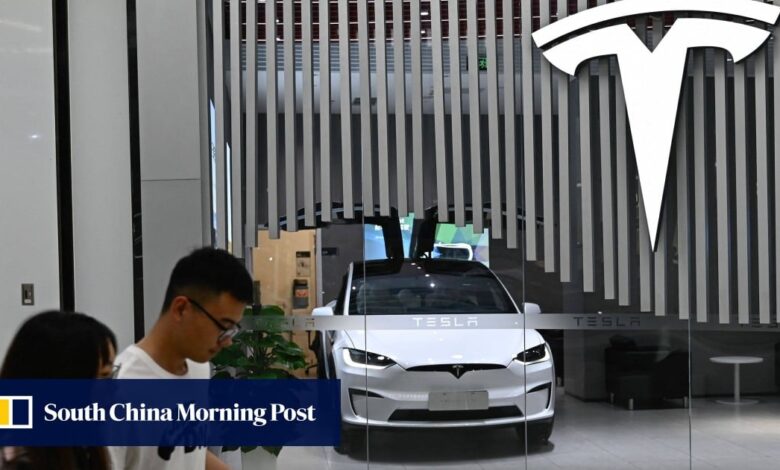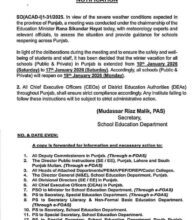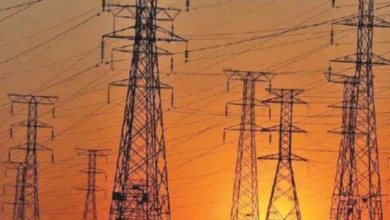Tesla to install software update on 1.68 million vehicles in China to fix lock issue

A total 1.68 million vehicles built between October 17, 2020 and July 17, 2024 will be involved in the recall, the largest of its kind by the US carmaker on the mainland, according to a statement published by the State Administration for Market Regulation on Tuesday.
The regulator added that an unlatched bonnet could obstruct the driver’s view, which carries the risk of accidents.
Tesla said it would roll out an over-the-air software update to fix the issue.
The vehicles on the recall list include the Chinese-made Model 3 and Model Y, as well as Model S and Model X imported from the US.
“The number of cars to be recalled is unlikely to affect Tesla’s sales and operations,” said Gao Shen, an independent analyst in Shanghai. “Tesla’s attitude on quality control should be respected in China because of their constant recalls to reduce risks.”
In January, Tesla recalled 1.6 million vehicles in China, the world’s largest automotive and electric vehicle market, to fix problems with its Autopilot assisted driver system to reduce the risk of crashes.

Tesla’s mainland China deliveries increased by 37 per cent to 603,664 last year, making it the company’s second-largest market after the US. In the US, sales increased by a quarter to 654,888 in 2023.
Tesla has been the runaway leader in China’s premium EV segment since the Gigafactory 3 in Shanghai, the company’s biggest plant globally, began delivering vehicles in January 2020. Currently, the plant only makes the Model 3 and Model Y cars.
Since 2021, Tesla has had several run-ins with mainland regulators and customers regarding the quality and safety of its cars.
The carmaker strengthened its ties with mainland authorities following a visit by its founder Elon Musk to Beijing in April.
It became the first foreign carmaker to win approval from Chinese data security regulators, with the China Association of Automobile Manufacturers adding the Model 3 and Model Y to a list of models whose data use meets national security standards.
Source link



